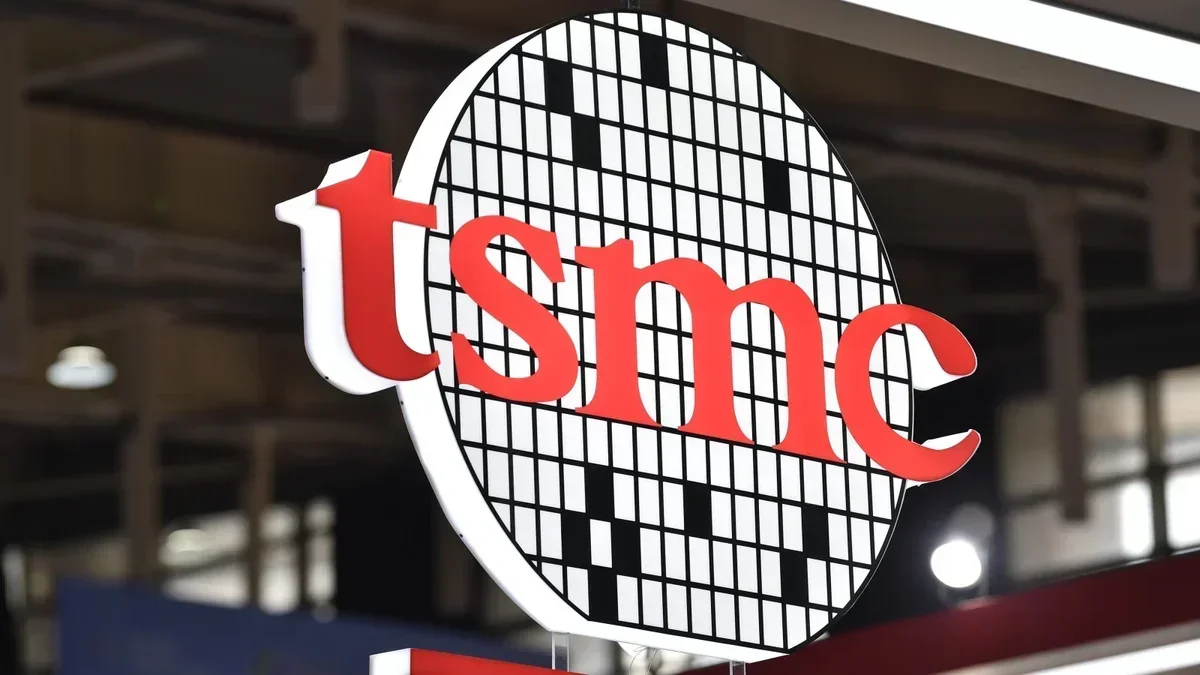The Tensor G5 chip that will power the Pixel 10 next year is a marked departure from past Tensor chips. The Tensor G5 was designed by Google from the ground up and will be produced by TSMC using its second-generation 3nm process node (N3E). The chip has already been “taped out” which means that everything is ready for the chip to be mass-produced at TSMC’s fab. Previous Tensor chips have been based on Samsung’s Exynos chips with some customization from
Google.
Google supposedly switched from Samsung Foundry to TSMC for the Tensor G5 because of Samsung’s low yield on its production of 3nm chips
which reportedly is only 20%. It appears that Google will continue to stick with TSMC for the Tensor G6 which could be built on TSMC’s 2nm node for the 2026 Pixel 11 series. On the other hand, companies like Apple and Qualcomm will produce enough A19 and Snapdragon 8 Gen 5 application processors to make it financially viable for them to have TSMC use its latest advanced chip-production technology which will be 2nm by late next year.
The number of Pixel units produced each year is small compared to the number of phones using Apple’s latest A-series chipset and Qualcomm’s Snapdragon 8 chipset. As a result, it might be too expensive for Google to switch to 2nm production quickly for the Tensor G6. A more practical solution would be to have the Tensor G6 manufactured using TSMC’s third-generation 3nm process node (N3P).
The Tensor G5 will be the first Tensor AP manufactured by TSMC. | Image credit-unknown
Pixel owners usually aren’t buying the device because of zippy fast Geekbench scores so there probably wouldn’t be much of an issue if Google decides to have the Tensor G6 manufactured using a 3nm node. Regardless of the node Google ultimately chooses to build the Tensor G6 on, it would appear that Samsung has lost Google’s foundry business when it comes to the Tensor chip.
An industry insider told Business Korea, “”If Google collaborates with TSMC, it could take a considerable amount of time before they return to Samsung for production. Improving yield rates to prove product performance is the best course of action.” Samsung Foundry indicates that it is working on improving its production yield but it might be too late to keep Google as a customer, at least over the next few years.
Source Link Website

